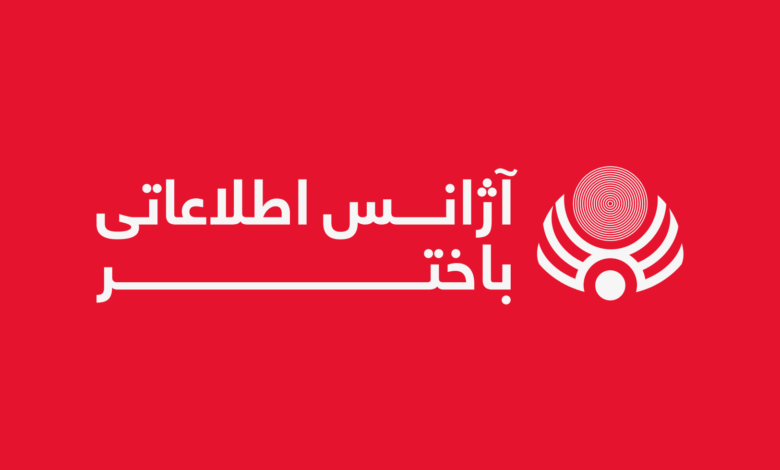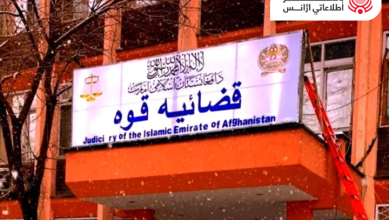
Saturday, December 01, 2012
Kabul (BNA) The Foreign Minister of the Islamic Republic of Afghanistan Dr. Zalmai Rassoul visited Pakistan on 30 November 2012 at the invitation of his Pakistani counterpart Hina Rabbani Khar. Foreign Minister Dr. Zalmai Rassoul called on Raja Pervez Ashraf, Prime Minister of the Islamic Republic of Pakistan and held talks with Foreign Minister Hina Rabbani Khar.
The two Foreign Ministers held in-depth consultations on bilateral, regional and international issues of mutual interest with special focus on the situation in Afghanistan, peace and reconciliation process, cooperation in political and economic fields and security related issues.
Re-affirming the enduring ties of friendship and amity between the two brotherly countries and their peoples, grounded in history, culture and religion, the two sides reiterated their commitment to steer bilateral relations in accordance with the principles of sovereignty, territorial integrity, independence and mutual respect, and agreed to work together towards enhanced bilateral engagement for deepening interaction in diverse fields.
The two sides expressed satisfaction on the outcome of the recent visit to Pakistan by the High Peace Council delegation led by its Chairman Mr. Salahuddin Rabbani. The Afghan side thanked Pakistan for releasing prisoners in response to the HPC request. Pakistan reiterated its support to an Afghan led and Afghan owned peace and reconciliation process. The two sides emphasized the importance of an intra-Afghan inclusive dialogue and consequent political settlement for durable peace in Afghanistan. Pakistan re-affirmed that it fully supports and stands by the Afghan nation as they determine their own future. In this context, both sides agreed to take action on the elements of the Joint Statement issued during HPC’s visit. Both sides also agreed to a joint conference of Afghan and Pakistani Ulema to take place in Kabul by the end of January 2013, release of more prisoners, facilitating contacts and urging the Taliban to renounce ties to Al-Qaida.
The two sides emphasized the need to enhance cooperation in the fields of security, development, transit, trade, economic and investment linkages, infra- structure and energy connectivity and people to people contacts.
They reaffirmed their commitment to jointly overcome the common challenges of terrorism and extremism.
The two sides discussed the issue of cross border incursions and shelling and agreed to have an institutionalized mechanism to address this issue. In this regard, they also agreed to have closer coordination between the two countries.
Both sides also agreed to operationalize a Joint Commission to address the prisoners issue as announced during the visit of President Karzai to Islamabad in June 2011.
While expressing satisfaction at the current volume of annual bilateral trade ($2.5 billion), the two countries agreed to take facilitative steps to further enhance bilateral trade and achieve the target of $5 billon annual trade by 2015.
Expressing satisfaction that the third meeting of Afghanistan-Pakistan Transit Trade Coordination Authority (APTTCA) held in Islamabad on 11-12 October 2012 made significant progress on issues of operational nature pertaining to APTTA, the two Foreign Ministers called on APTTCA to work expeditiously to address the remaining issues.
Recognizing the need of jointly pursuing trade and transit agreements with Central Asian states, the two sides agreed that as a first step a trilateral transit and trade agreement will be negotiated with Tajikistan, to be extended to other countries as appropriate and mutually determined.
The Afghan side acknowledged the contribution of Prime Minister of Pakistan’s scheme of 2000 scholarships in facilitating higher education opportunities for Afghan students in Pakistani universities and thanked Pakistan for announcing 1000 additional scholarships for Afghan students at the Tokyo Conference.
Both sides agreed to work together for phased, dignified and voluntary return of Afghan refugees and stressed the need for creating ‘pull factors’ for this purpose. Afghanistan thanked Pakistan for hosting the largest number of refugees in the world for more than three decades.
The two sides also agreed to enter into a bilateral Visa Abolition Agreement for holders of diplomatic passports to facilitate visa free travel for the diplomats of the two countries.
Realizing that a Strategic Partnership Agreement (SPA) will further deepen the bilateral relations between the two countries, both sides agreed to initiate negotiations for signing of an SPA.




